2017 Clean Space Industrial days: 24 – 26 October 2017 in ESTEC
The Clean Space initiative begun in 2012, seeks to reset the entire lifecycle of space activities on a more sustainable basis, from the early stages of conceptual design to the mission’s end of life – and even beyond, to ensure the removal of space debris.
During these first years we held industrial days on specific projects, e.g. e.Deorbit or CleanSat industrial days.
Last year, for the first time we decided to combine CleanSat and e.Deorbit events to gather both communities together, leading to the first Clean Space industrial days. Over 230 attendees from all ESA Member States shared insights on technological break-throughs for tackling the space debris situation. The event was highly appreciated by the participants since they gained a complete overview of the technical activities, with plentiful opportunities to share and discuss technological advancements not only during the sessions and breaks but also through parallel meetings organised on the side of the main presentations.
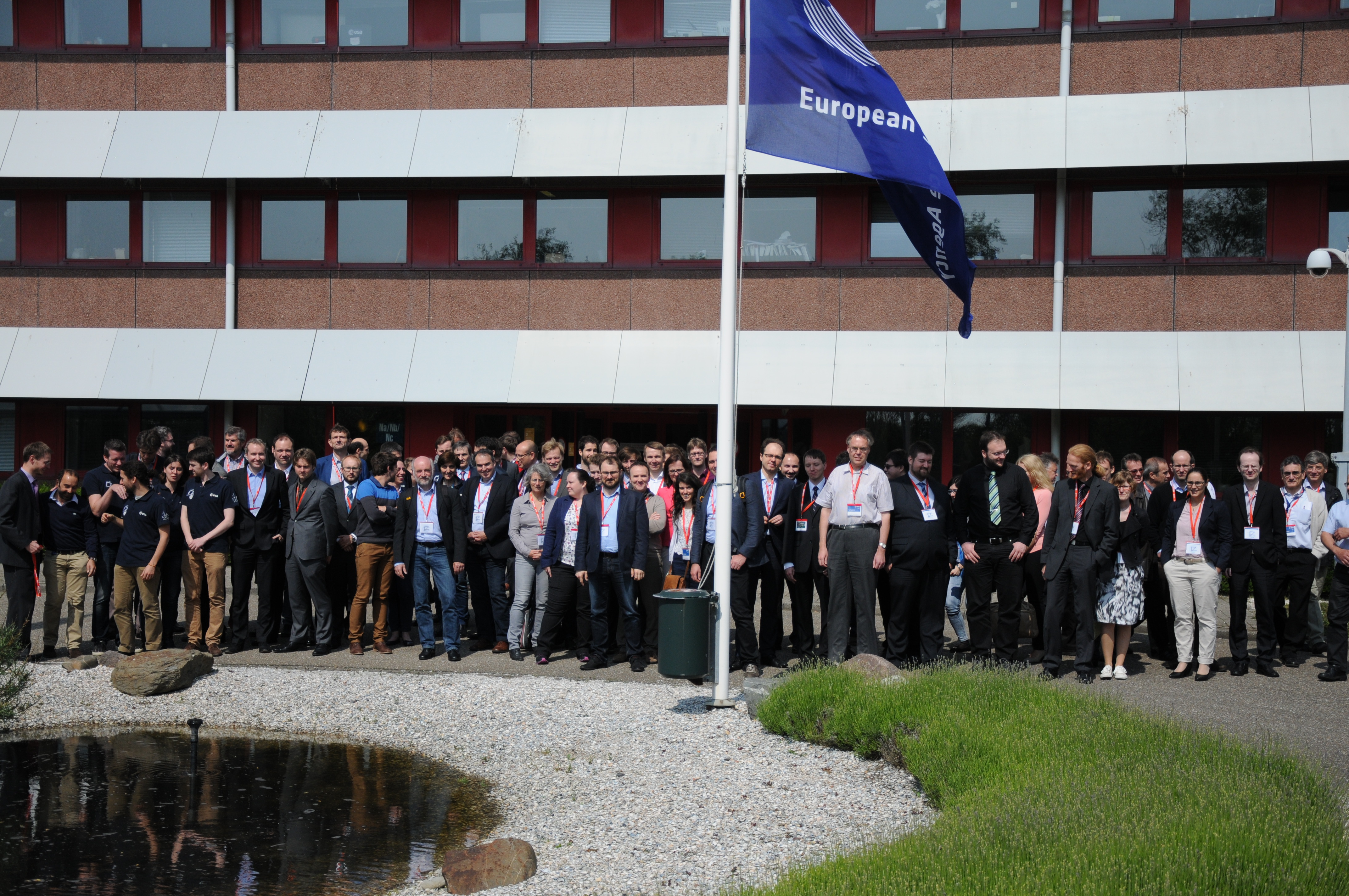
May 2016: over 230 participants attended the Clean Space industrial days
Copyrights: ESA
We are delighted to announce the 2017 Clean Space Industrial days to be held from 24 to 26 October 2017 in ESTEC, for the first time additionally covering the subject of eco-design.
As in the past, the objective of the industrial days is to gather together European industrial and academic experts to present and discuss the extensive work being performed in Europe (mostly under ESA contracts) to develop technologies for space debris mitigation and remediation as well as those working on measuring and reducing the environmental impacts of space missions.
The format is not a conference model, (with no papers to be delivered, no registration fees) but much more of an extended informal technical progress meeting.
Last year we:
- involved our legal experts with mutual satisfaction and noted that such a session should be pursued. This year’s follow-up will discuss a broad range of subjects.
- held training sessions on the DRAMA tool, and we could repeat it or enlarge it to other tools
- played the eco-design game which has proven to be an effective and fun tool to learn about environmental impacts of space missions
- held a technical meeting on testing of demisable materials and our shared database
- played football all together on the basis of the first football TRL definition
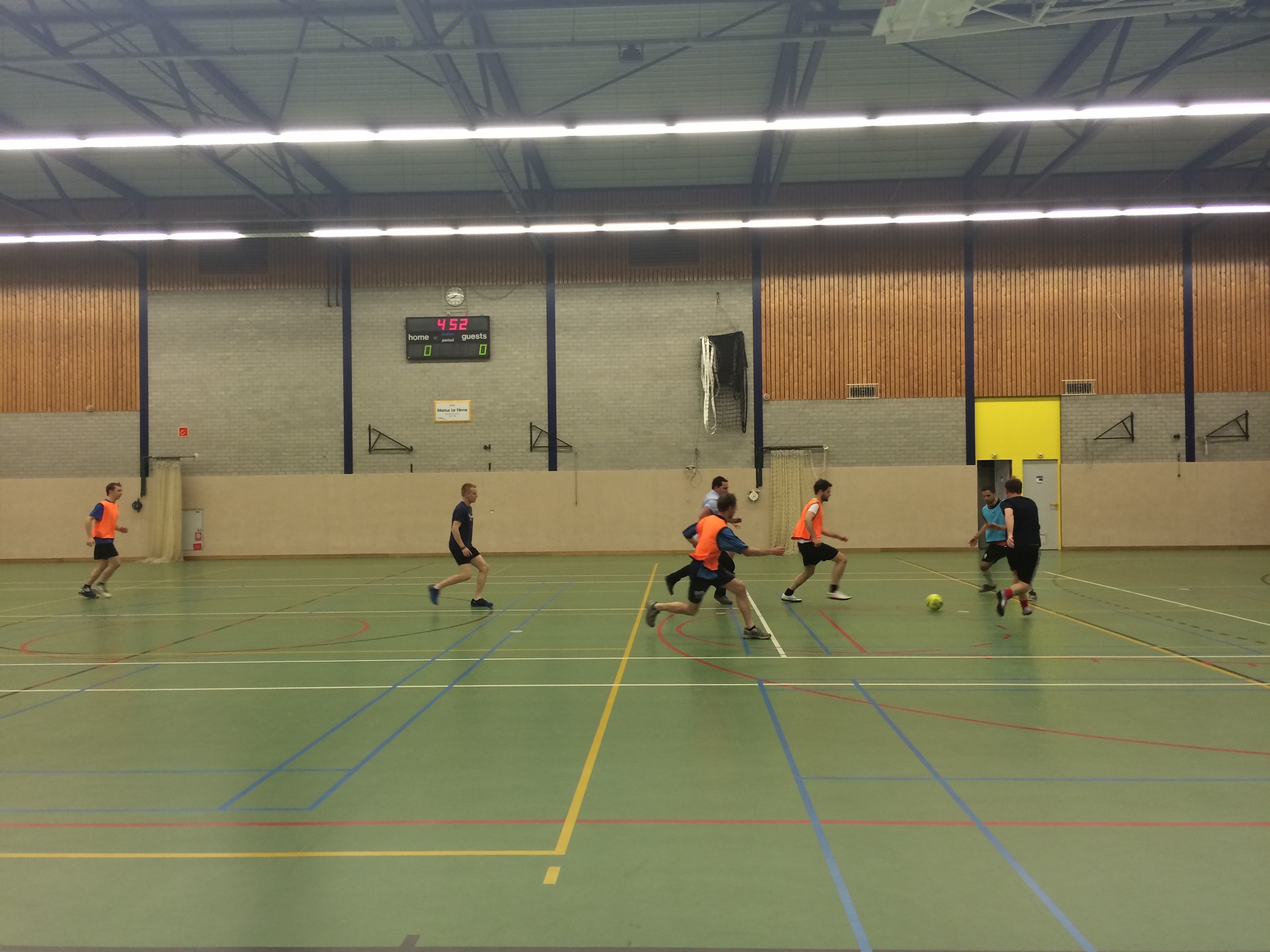
May 2016: representatives from space industry, agencies and research institutes played together football to relax after a successful but intense week at the Clean Space industrial days
Copyright: ESA
And this year? We do not know yet which specific event we will be able to plan (football again or should we play volleyball?) but stay tuned and book the dates to join us.
We plan to focus on all these topics that Clean Space is addressing:
- eco-design
- technologies for space debris mitigation
- active debris removal
This year in April, ESOC will also host the 7th Space Debris Conference, a major event on the space debris calendar, gathering worldwide experts of the related scientific disciplines.
The webpage of the 2017 Clean Space Industrial Days is now open for further information and registrations: 2017’s Clean Space Industrial Days !
Please do not hesitate to contact us with suggestions.
UPDATE:
For the first time, the AeroThermoDynamics Design for Demise Workshop is organised with the Clean Space industrial days.
The workshop is organised by the “AeroThermoDynamics Design for Demise” (ATD3) Working Group settled by ESA and CNES to understand the aerothermodynamic process which contribute to reduce the amount of debris surviving re-entry. The Workshop is a regular (every 2 years) forum at European level to facilitate the discussions (at technical and scientific level), collect and disseminate information, propose and plan new topics/activities (roadmap definition and coordination) of all relevant aerothermodynamics aspects which governs the demisability problem and hence, increase the confidence on the tools used for that.
The workshop will take place on the 26th of October 2017 at ESTEC.
In this frame, a limited number of test cases will be validated with respect to efficiency and accuracy of different numerical tools, from low to high fidelity. The workshop provides the opportunity to compare ground facilities and measurement techniques, physical modelling, to explore Uncertainty Quantification (UQ) approaches and verification & validation process.
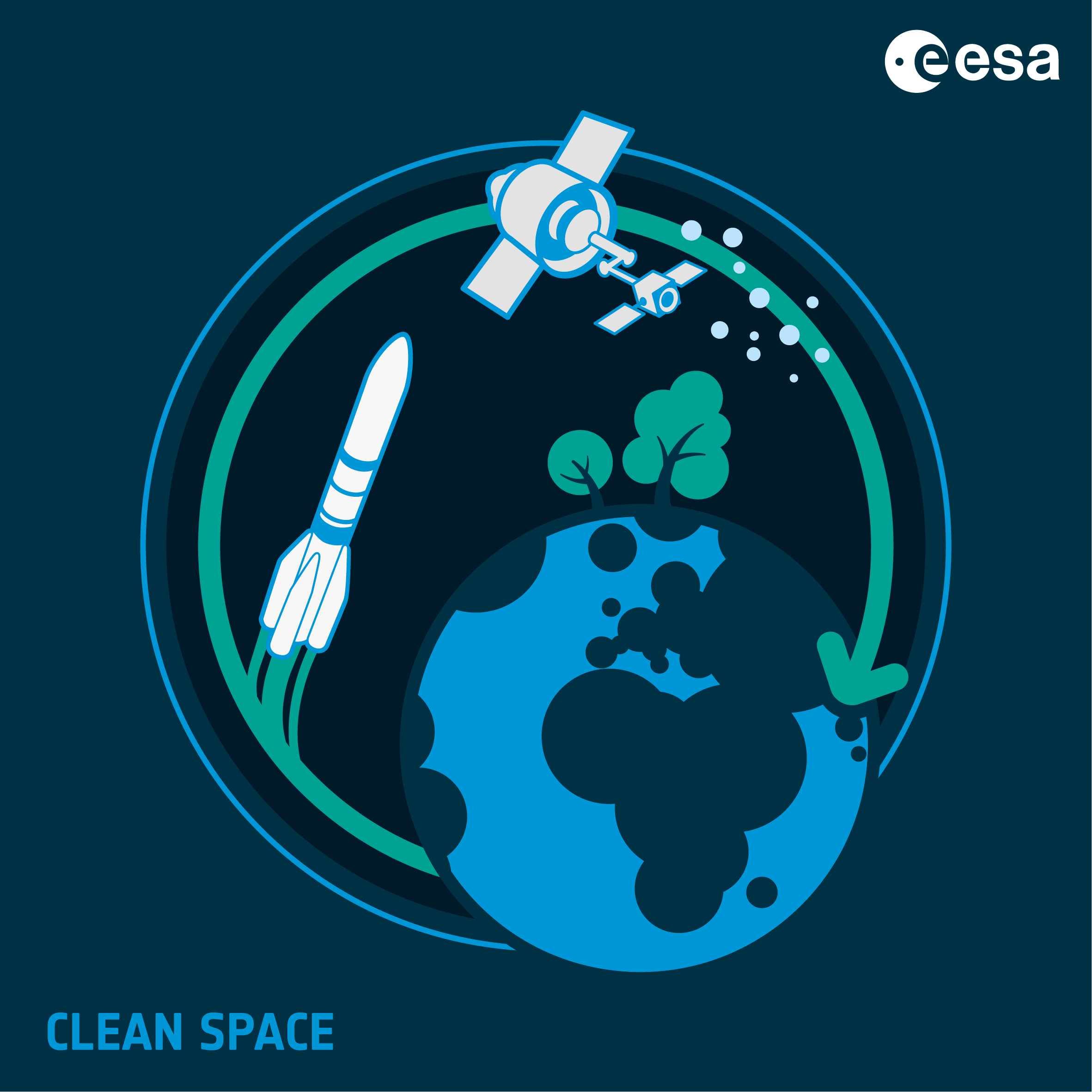

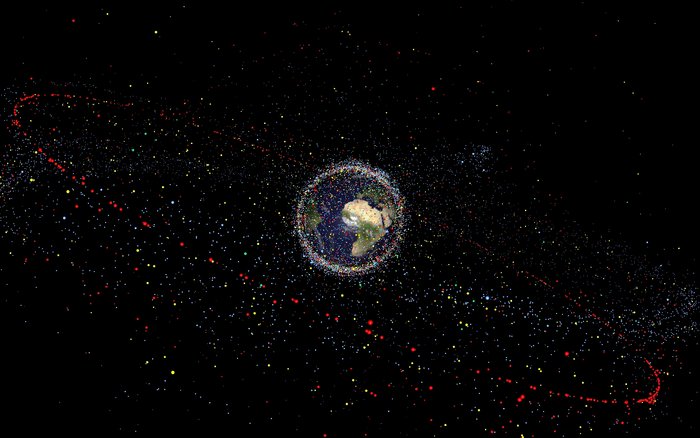
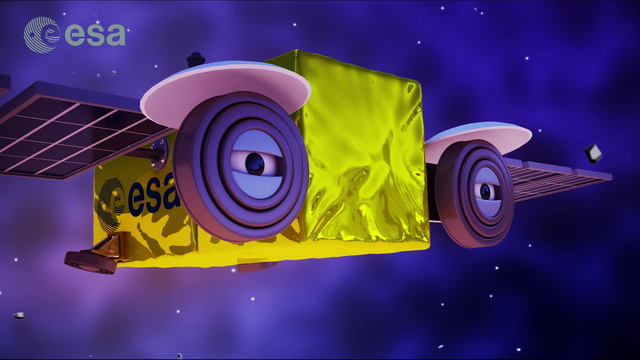
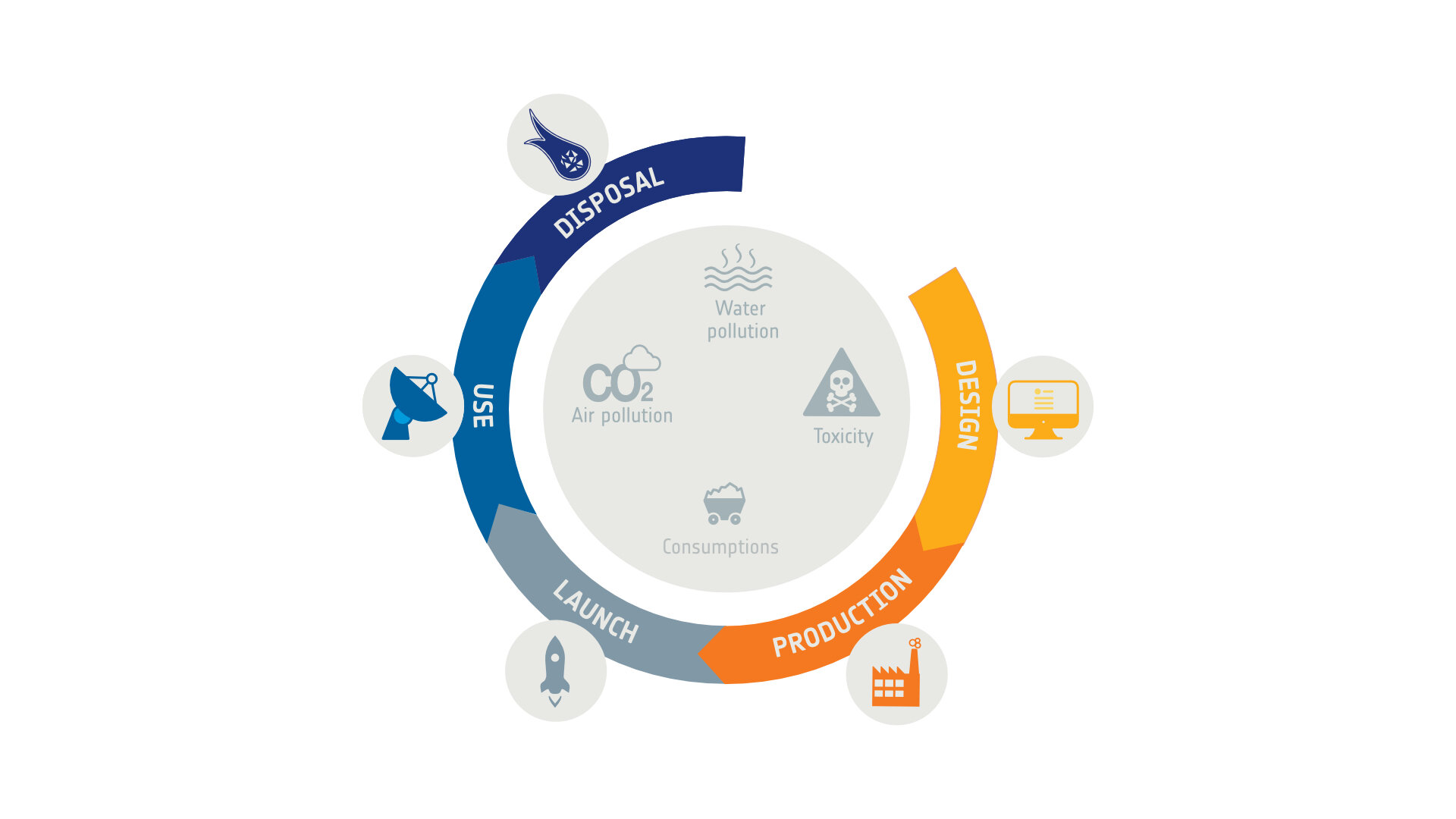
Discussion: 2 comments
Sounds like a fun and necessary event! I recently read that the European Space Agency employs a few different “capture mechanisms” to pick up space junk, such as nets, harpoons, robotic arms and tentacles. I look forward to learning more about this topic, as I am very dedicated to cleaning up both the planet Earth, and the space around us.
MY SUGGESTION FOR THE SPACE JUNK PROBLEM https://youtu.be/4dDNyne7lZo